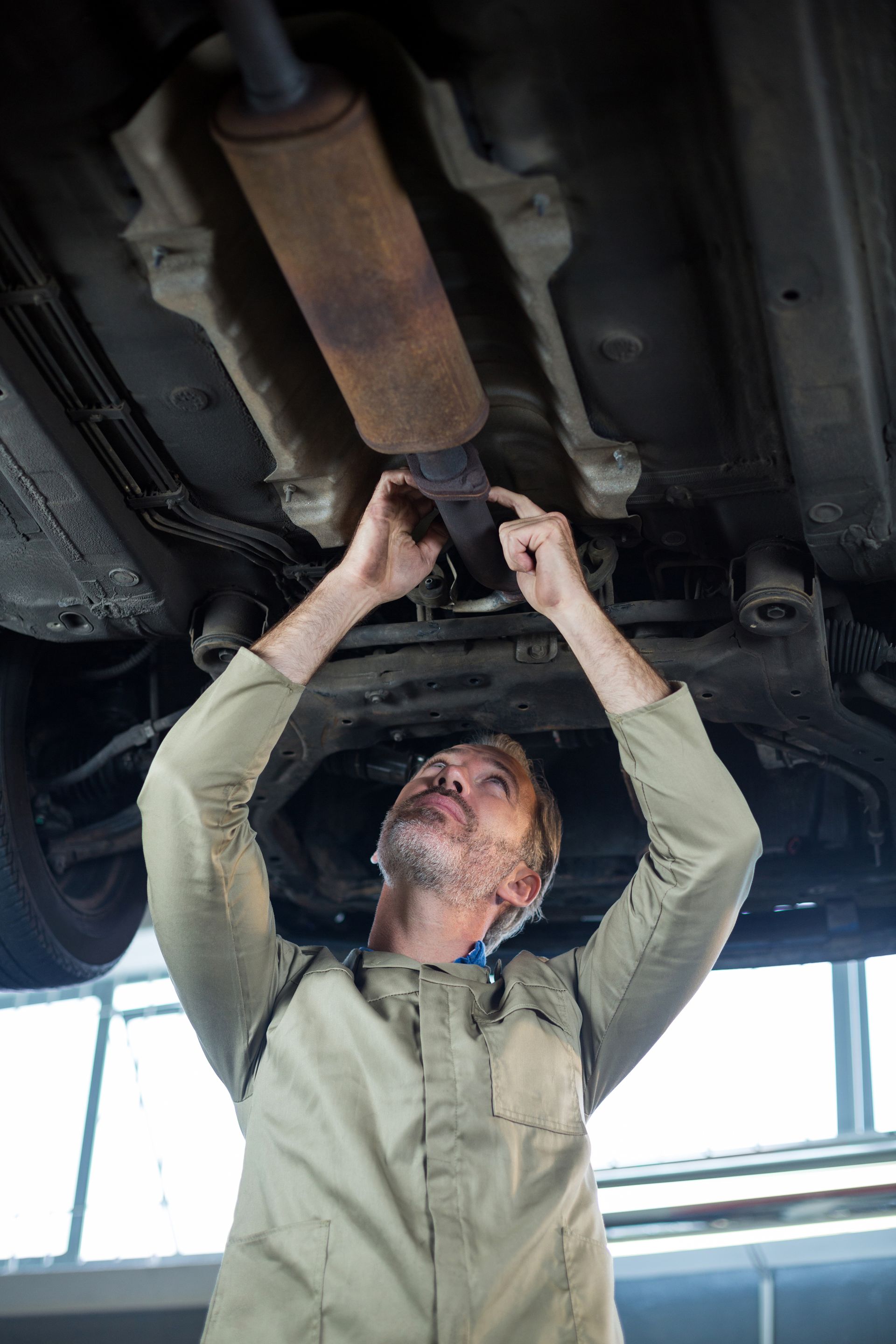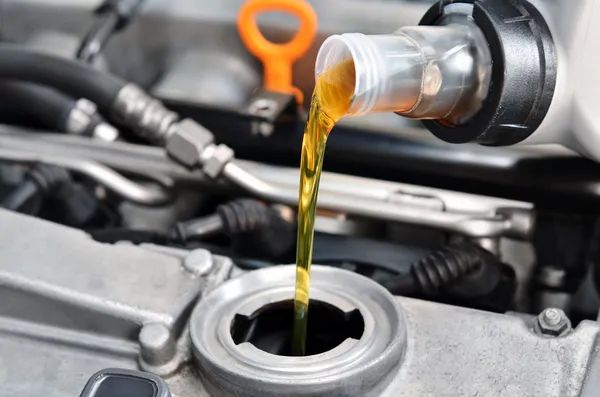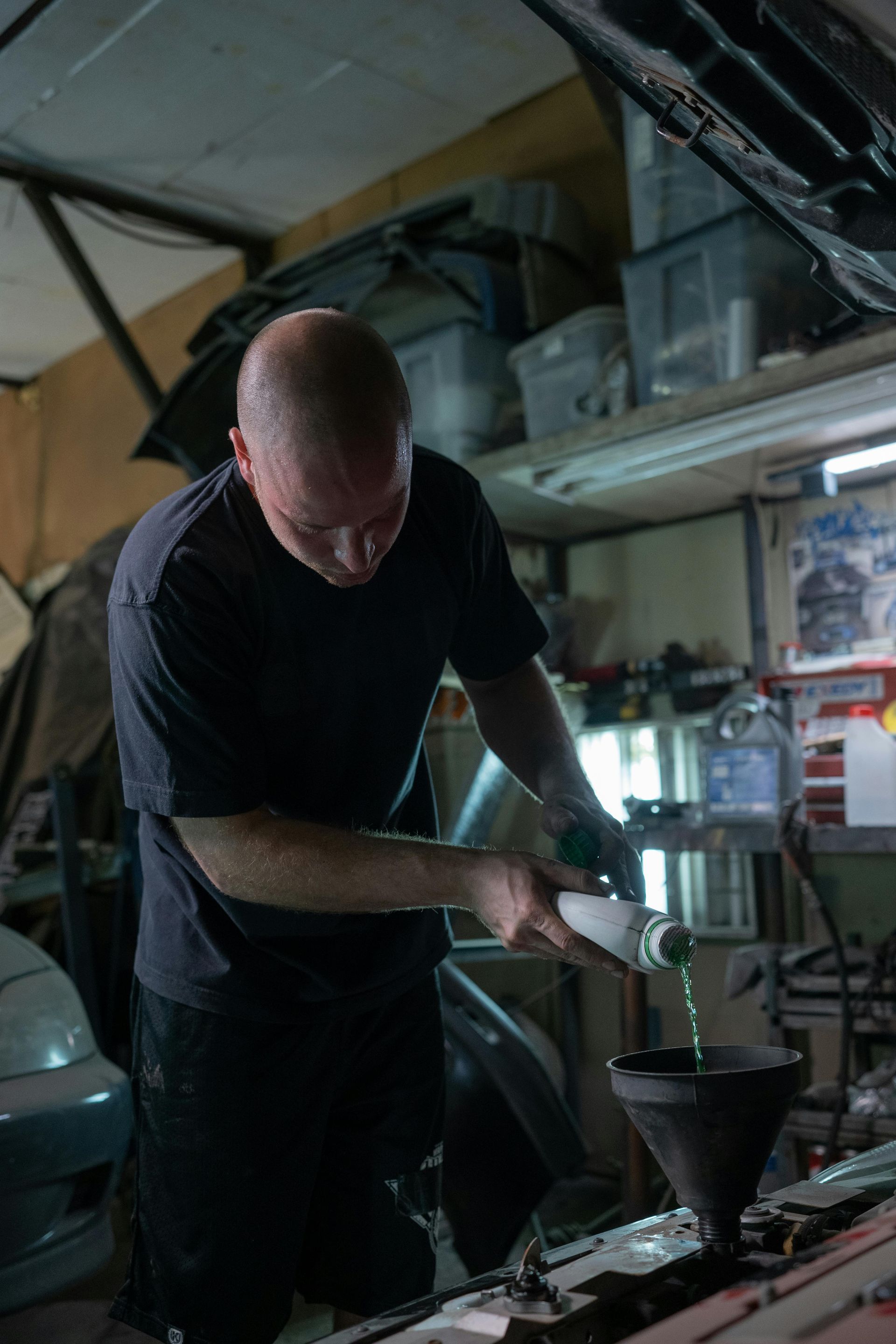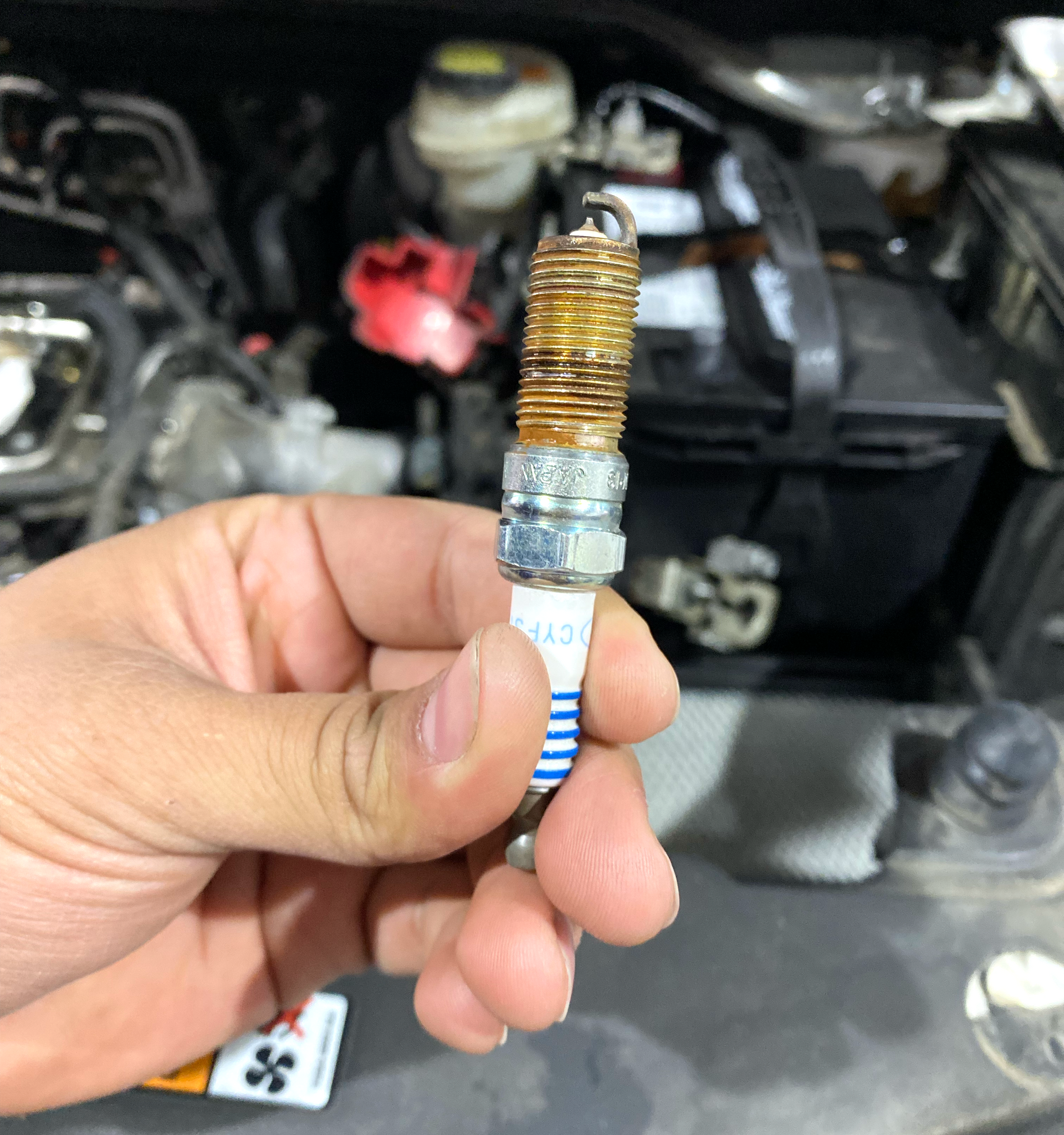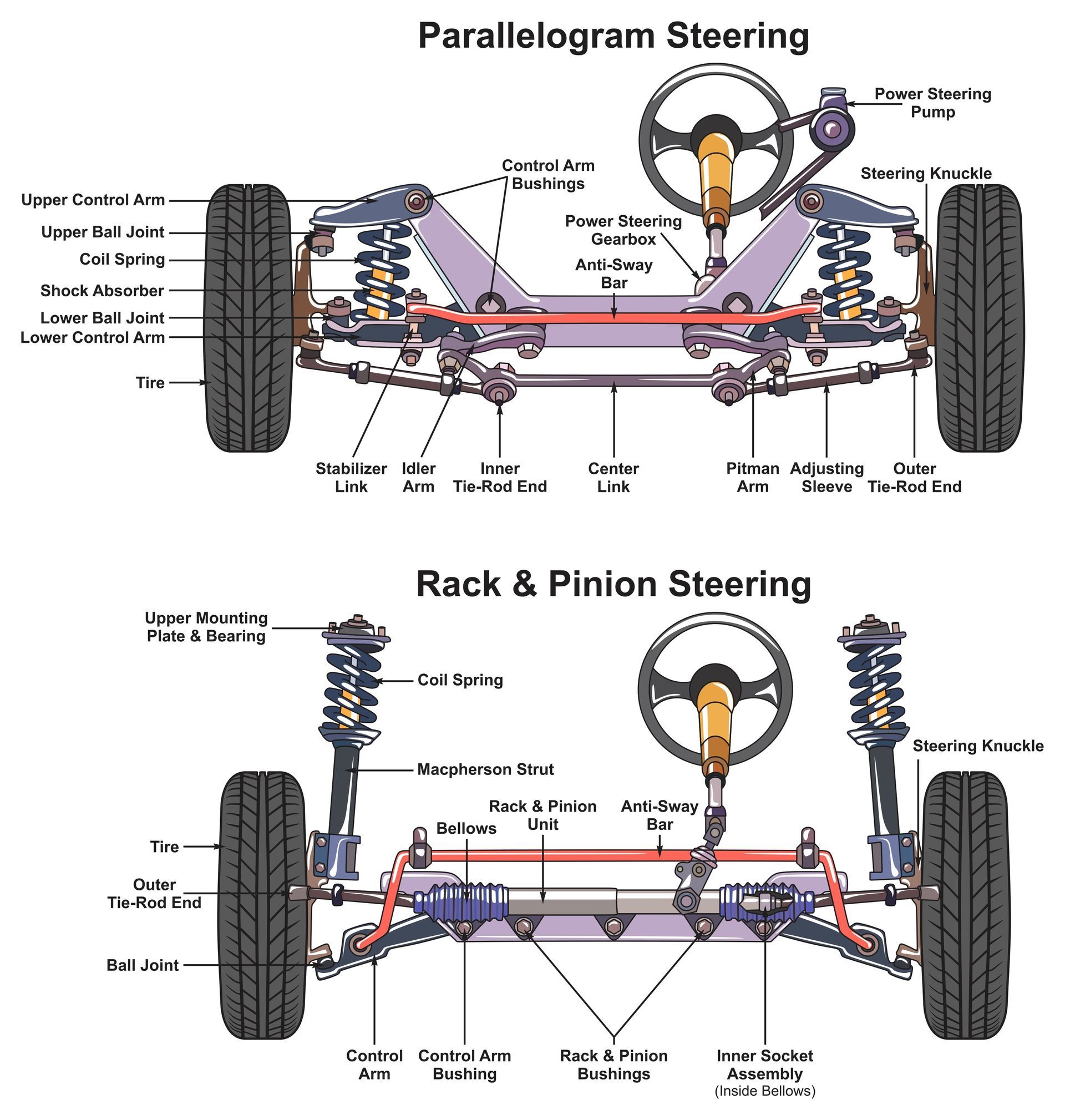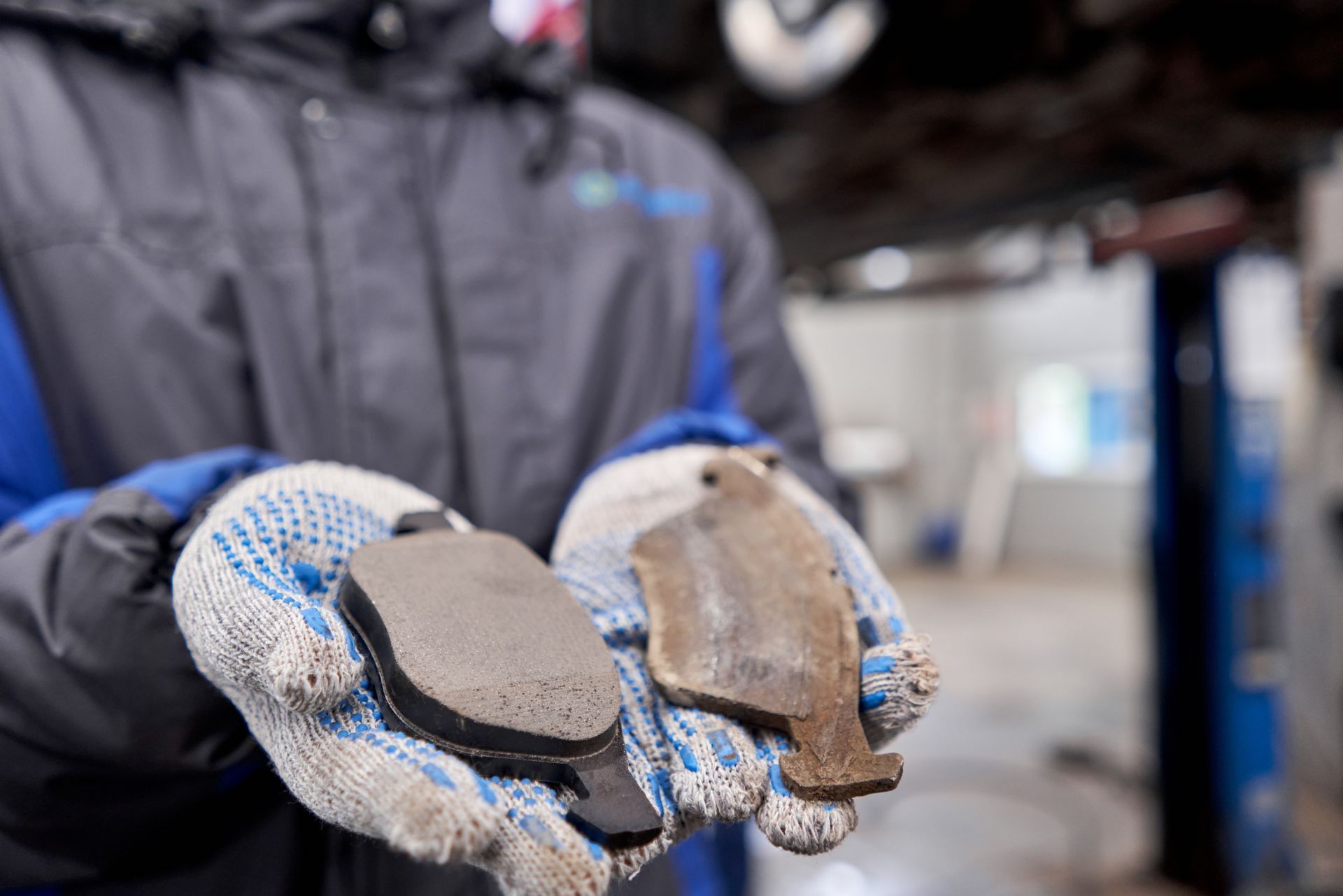What to Check for If Your Car Won’t Start
Few things are more frustrating than getting into your car, turning the key (or pressing the start button), and realizing it won't start. Whether you're heading to work or out for errands, a car that won’t start can ruin your day. The good news is that this issue is often caused by some common, easily identifiable problems. Understanding what might be wrong can help you decide whether you can address the issue yourself or if it’s time to call in professional help.
Here’s a list of the most common reasons your car might not start and what to check for.
1. Dead Battery
A dead battery is the number one reason why a car won’t start. Your car's battery powers the starter motor, ignition system, and fuel system. If the battery is dead, none of these components will work.
Symptoms:
- The car won’t start, but the dashboard lights flicker, or you hear a clicking noise.
- You may notice dim headlights, slow wipers, or the radio won’t turn on.
What to Check:
- Battery Connections: Ensure the battery terminals are clean and tightly connected. Corrosion can build up around the terminals, which might hinder the flow of electricity.
- Battery Charge: If you have access to a multimeter, check if the battery has at least 12.6 volts. Anything less could indicate a weak or dead battery.
- Jump Start: If you suspect the battery is the issue, try jump-starting the car. If it starts after a jump, the problem is likely the battery.
If the car starts after a jump, you should also check the charging system because the alternator could be the root cause of the battery drain.
2. Faulty Starter Motor
The starter motor is responsible for physically turning the engine over when you attempt to start your car. If the starter is faulty, the engine won’t crank, and your car won’t start.
Symptoms:
- You hear a single click or a series of clicks when turning the key or pressing the start button, but the engine doesn’t crank.
- Sometimes, the car makes no noise at all when trying to start.
What to Check:
- Electrical Connection: Check if the starter is receiving power by testing the electrical connection. If no power is reaching the starter, it could indicate an issue with the wiring.
- Starter Solenoid: If you have access to the starter, you can try tapping it lightly with a hammer while someone turns the ignition. Sometimes, this can free up a stuck starter motor, allowing the engine to crank.
If the starter motor is faulty, it’s best to have it replaced by a professional technician.
3. Fuel Issues
Your car needs fuel to run, and if the fuel system is compromised, it may not start. There could be a variety of reasons for fuel-related issues, such as an empty tank, a bad fuel pump, or a clogged fuel filter.
Symptoms:
- The engine cranks but won’t start.
- You hear a whining noise from the fuel tank when you try to start the car.
What to Check:
- Fuel Level: This may seem obvious, but check if your car has enough fuel. Sometimes, a faulty fuel gauge may give a false reading, leading you to believe there’s more fuel than there actually is.
- Fuel Pump: If you don’t hear the fuel pump when you turn the key to the "on" position, it could be broken. A professional mechanic can check the fuel pump and its electrical connections.
- Fuel Filter: If your car has a clogged fuel filter, fuel won’t be able to reach the engine. Replacing a fuel filter can be tricky, so if you suspect this is the issue, consider visiting a professional.
4. Ignition Switch Problems
The ignition switch is responsible for sending power from the battery to the engine components that help start your car. If the ignition switch is faulty, your car won’t start.
Symptoms:
- The car cranks but won’t start.
- No noise when turning the key to the start position.
- The dashboard lights might flicker or not light up at all when the key is turned.
What to Check:
- Electrical Power: When you turn the key or press the start button, do your dashboard lights come on? If they don’t, this could indicate an ignition switch issue.
- Turn the Key: Try turning the key to the "on" position, but not all the way to "start." If your dashboard lights come on, but the engine doesn’t crank, the ignition switch might be faulty.
If the ignition switch is the culprit, it’s a good idea to have a professional check and replace it if necessary.
5. Faulty Alternator
The alternator charges your car's battery while the engine is running. If it fails, the battery won’t recharge, and the car will eventually stop running, even while driving. However, a bad alternator can also cause starting problems.
Symptoms:
- The car starts but dies shortly afterward.
- The battery light stays on while driving.
What to Check:
- Battery Voltage: If your car started but quickly died, you can use a multimeter to check the voltage on your battery. A healthy battery should show a voltage of about 13.5-14.5 volts when the engine is running.
- Accessory Function: If the alternator is failing, you might notice dim lights, slow wipers, or other electrical issues before the car dies.
If the alternator is faulty, it will need to be repaired or replaced by a professional.
Conclusion
When your car doesn’t start, it’s not the end of the world. By understanding some of the common causes, such as a dead battery, fuel issues, or a bad starter, you can often diagnose the problem and get back on the road quickly. If you’re unable to identify the issue, or if the problem seems too complex, it’s always best to consult with a professional mechanic to avoid causing further damage to your vehicle.
If you're in the Houston area and find yourself stuck with a car that won’t start, don’t hesitate to contact Elite Auto Experts. Our skilled technicians are here to diagnose and fix any problem quickly and professionally. Reach out to us today to get back on the road!
